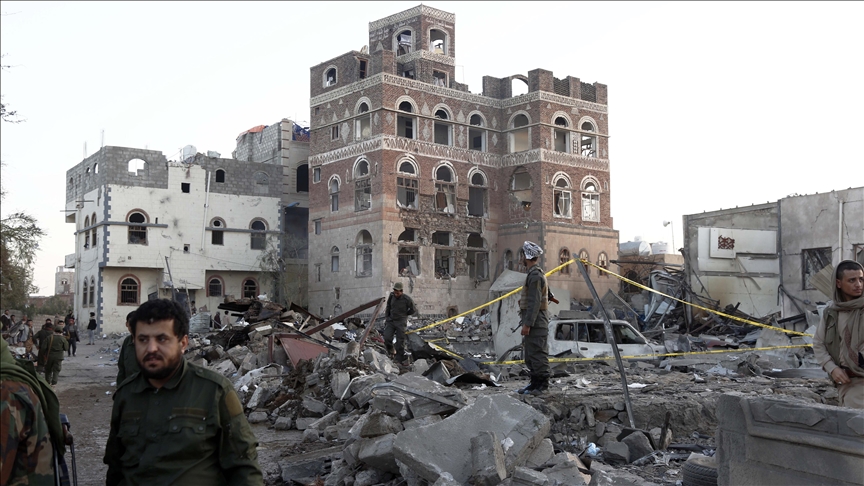
Relations between Tel Aviv and Washington is it is becoming clear that White House officials are talking to Hamas. The US-based Axios website quoted an Israeli informed official as saying that Israeli envoy to the United States Ron Dermer, who is close to Prime Minister Benjamin Netanyahu, had a tense call with American hostage envoy Adam Boehler about the matter.
Axios political correspondent and Middle East expert Barak Ravid explained Israel’s concerns about the Trump administration’s secret negotiations with Hamas erupted in a controversial phone call last Tuesday between Dermer and Boehler.
He revealed that the aids of US President Donald Trump informed Israeli officials early last month of the possibility of dealing directly with Hamas, and the Israelis then advised the American side against doing so, especially without preconditions. However, Israel discovered through other channels that the United States was moving forward in that direction nevertheless.
No direct criticism of Trump
Netanyahu avoided criticizing Trump publicly since Axios revealed the unprecedented talks between the United States and Hamas last Wednesday, and has only said that Israel has made its opinion clear to the United States.
But hours after Boehler met in Doha with Hamas leader and head of the negotiating team, Khalil al-Hayya, Dermer did not hold back in expressing Israel’s concerns about the talks.
The American message was such a deal would go a long way with Trump, who would then push for a broader deal that could include a long-term truce, safe passage for Hamas leaders out of Gaza, release of all remaining prisoners, and an end to the war. The alternative would be a renewed Israeli military campaign to destroy Hamas.
Trump and his advisers had hoped for a breakthrough before his address to Congress the previous Tuesday, but found Hamas’s response inadequate.
Israeli Concern
The reporter said that while Netanyahu was initially averse to the idea of the United States sitting down with Hamas, he and his advisers became increasingly concerned as the idea became a reality.
Ravid quoted his sources as saying that Dermer objected to Boehler making proposals without Israel’s consent, and Boehler responded that the talks did not come close to a deal with Hamas, and that he understood Israel’s parameters.
An Israeli official claimed that Dermer’s tense call with Boehler prompted the White House to reassess its approach.
The site explained that when Trump’s envoy Steve Witkoff joined the efforts to reach a deal on Gaza in the final days of the administration of former US President Joe Biden, he suggested holding a direct meeting with Hamas to accelerate the talks, but that ultimately did not happen then, an Israeli official and a former US official said.
Pressure on Hamas
Trump and his advisers held a long meeting last Wednesday about the talks with Hamas, and decided that they needed to send a strong public message.
A US official said the idea was to pressure Hamas to make concessions and make clear that the US position on the movement had not changed.
On Wednesday evening, shortly after meeting with a group of the released hostages, Trump issued a new public ultimatum to Hamas to release all remaining hostages, describing it as a final warning.
On Thursday, Trump defended the talks with Hamas, describing them as beneficial to Israel “because we are talking about Israeli hostages.”
Luring Political Capital
Steve Witkoff, who is scheduled to travel to the region early next week, said the release of American hostage Alexander is the administration’s “top priority,” noting that he is wounded.
He said “good humanitarian action by Hamas” regarding Alexander “will get them a lot of political capital,” and stressed that there is a “deadline” for Hamas to agree to a deal.
Trump’s envoy said that if Hamas does not take a more “reasonable” approach, “there will be some action by Israel.”







